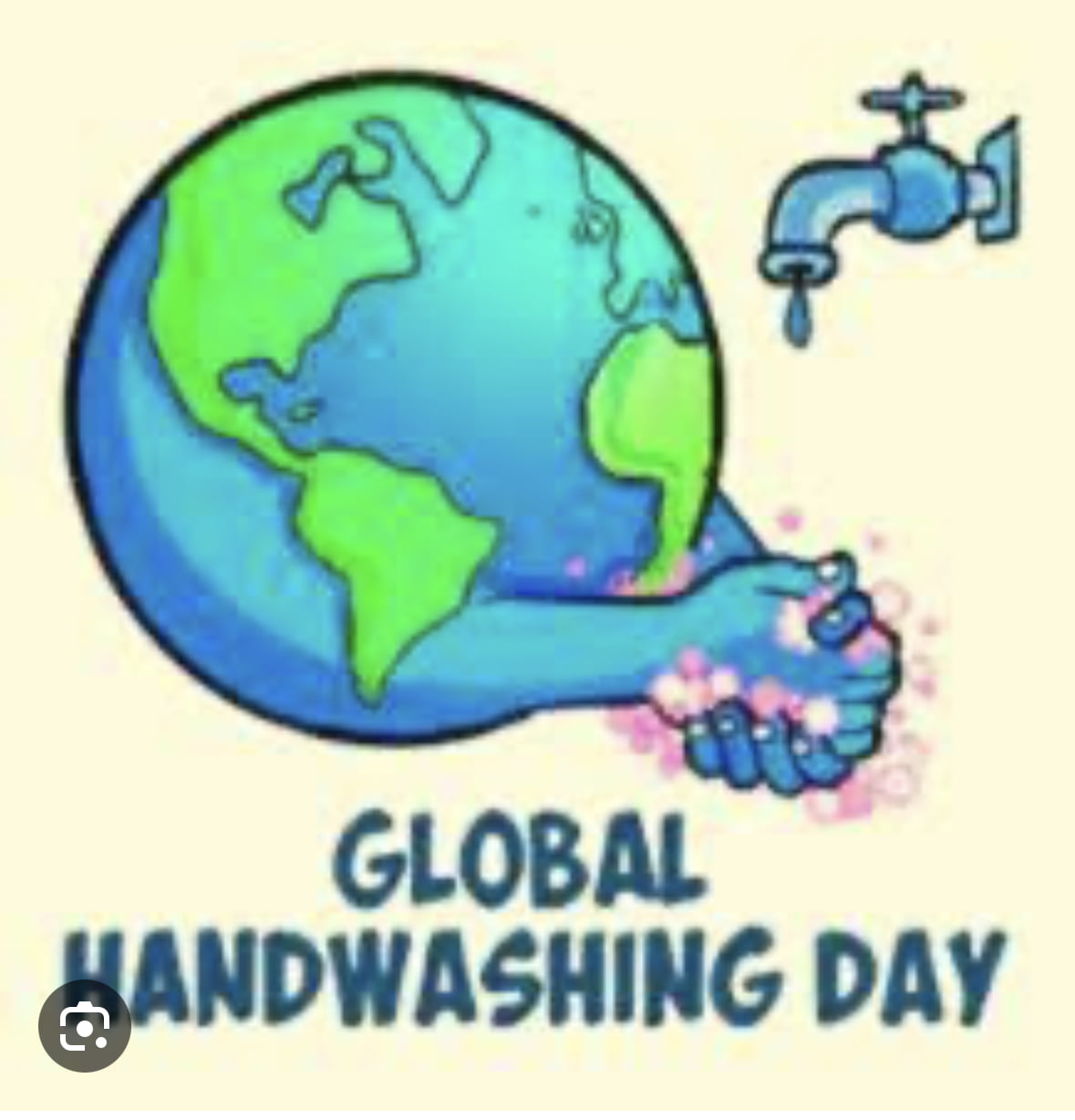
Reading Time: 3 minutes
Global Handwashing Day: 15th October 2023. History, Significance and Tips. Global Handwashing Day is an annual event celebrated worldwide to emphasize the importance of hand hygiene in preventing illnesses.
Initiated by the Global Handwashing Partnership, this day serves as a global advocacy platform to encourage people to wash their hands with soap and water. Acknowledging the significance of hand hygiene, it’s fitting to delve into the legacy of the “Father of Hand Hygiene,” who played a pivotal role in promoting this practice.
Origin and Legacy:
Global Handwashing Day was first initiated by the Global Handwashing Partnership, a coalition of international organizations, in 2008.
The primary goal is to foster a global culture of handwashing with soap and water. As we recognize this day, it’s essential to pay homage to Dr. Ignaz Semmelweis, often regarded as the “Father of Hand Hygiene.”
His pioneering work in the mid-19th century laid the foundation for understanding the link between handwashing and the prevention of disease transmission.
Themes Over the Years:
Each year, Global Handwashing Day adopts a specific theme to focus on critical aspects of hand hygiene.
The theme for 2023 aims to address a pressing issue related to handwashing.
Reflecting on the themes from previous years provides insights into the evolving challenges and priorities in global health.
Celebrations and Significance:
Global Handwashing Day is celebrated through various activities, campaigns, and educational programs. Schools, communities, and organizations actively participate in promoting hand hygiene awareness.
The significance of this day lies in its potential to save lives by preventing the spread of infectious diseases.
Types of Handwashing: Social, Patient Contact, Surgical Scrub:
Understanding the nuances of handwashing is crucial for effective hygiene. Social handwashing, patient contact handwashing, and surgical scrubbing are distinct techniques tailored for different settings, highlighting the versatility of this simple yet powerful practice.
5 Steps for Hand Hygiene:
Promoting hand hygiene involves adopting simple yet effective habits.
Here are five practical steps to enhance hand hygiene and protect against infections.
Wet Your Hands:
Start by wetting your hands thoroughly under clean, running water. The temperature of the water doesn’t have to be hot – comfortably warm water works just fine.
Apply Soap:
Once your hands are wet, apply an ample amount of soap. Be it liquid or bar soap, ensure you cover all surfaces of your hands, including between your fingers and under your nails.
Scrub for at Least 20 Seconds:
Rub your hands together vigorously. Make sure to scrub the backs of your hands, between your fingers, and under your nails. A good rule of thumb is to continue scrubbing for at least 20 seconds – you can hum the “Happy Birthday” song twice to help keep track.
Rinse Thoroughly:
Hold your hands under the running water to wash away the soap and any loosened dirt or germs. Ensure every trace of soap is rinsed off.
Dry Your Hands:
Use a clean towel or an air dryer to dry your hands completely. Drying your hands is crucial as wet hands can easily pick up and spread germs.
Preventing Diseases through Handwashing: Diseases caused by poor Hand Hygiene
Handwashing is not just a routine; it’s a simple yet powerful act that can prevent a cascade of diseases caused by bacteria and viruses.
Respiratory Infections (Virus – Influenza, Rhinovirus):
- Transmission: Contaminated hands touching the face.
- Impact: Attacks the respiratory system, leading to conditions like the flu or common cold.
Gastrointestinal Infections (Bacteria – Salmonella, E. coli):
- Transmission: Ingesting contaminated food or water due to unwashed hands.
- Impact: Affects the digestive system, causing symptoms like diarrhea, vomiting, and abdominal pain.
Skin Infections (Bacteria – Staphylococcus aureus):
- Transmission: Direct contact with contaminated surfaces or skin.
- Impact: Skin infections ranging from mild redness to severe conditions like cellulitis.
Eye Infections (Virus/Bacteria – Adenovirus, Staphylococcus):
- Transmission: Touching the eyes with unwashed hands.
- Impact: Conjunctivitis (pink eye) and other eye infections.
Urinary Tract Infections (Bacteria – E. coli):
- Transmission: Poor hand hygiene facilitating the transfer of bacteria to the urogenital area.
- Impact: Infections in the urinary tract, leading to discomfort and potential complications.
Oral Infections (Bacteria – Streptococcus mutans):
- Transmission: Touching the face, mouth, or food with unclean hands.
- Impact: Dental issues, including cavities and gum disease.
By prioritizing thorough and frequent handwashing, we can break the chain of transmission and safeguard our health. Remember, clean hands are the first line of defense against a host of diseases.
Global Handwashing Day: 15th October 2023. History, Significance and Tips: Conclusion
Global Handwashing Day serves as a timely reminder of the critical role hand hygiene plays in safeguarding public health.
By exploring its origins, understanding the legacy of pioneers like Dr. Ignaz Semmelweis, and embracing effective handwashing techniques, we contribute to a healthier and more hygienic global community
